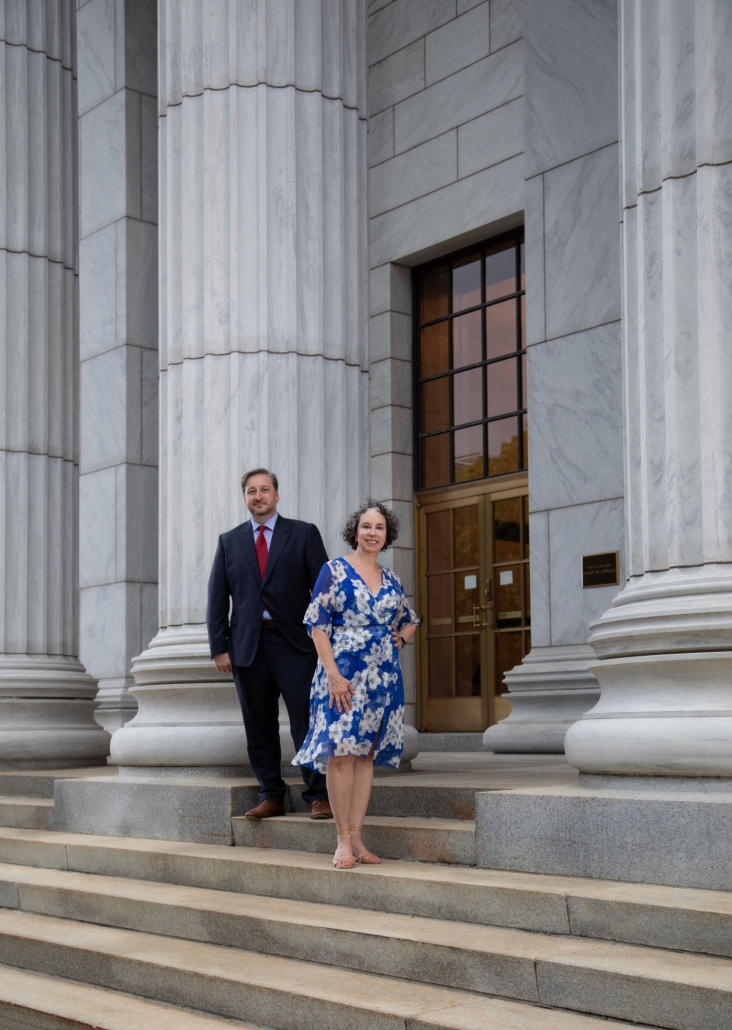Carefully constructed trusts allow individuals, families, and others to protect their assets for their intended purposes and beneficiaries. Unfortunately, even those most carefully planned estates cannot anticipate every possible challenge to the trust that may arise. As such, trust litigation can happen in any number of circumstances.
Trust disputes are complicated by nature. When a trust contest arises, an experienced trust litigation lawyer can help sort through the issues, from the validity of the trust’s creation to whether the proper beneficiaries were included, or whether the trustee has breached their duty to the beneficiaries.
New Yorkers living in Albany and the Capital Region as well as the greater New York metropolitan area are well advised to contact Pierro, Connor & Strauss for legal guidance in the event of a potential or ongoing trust dispute.
How a trust contest can arise
A trust is an estate planning tool that creates a division between legal ownership and the right to control certain property. Trust creation must meet state legal requirements, including the grantor being of sound mind, clearly-defined beneficiaries and be executed with the proper formalities. When there is an actual or an alleged flaw in one of these requirements, the dispute may land in court.
Trust Litigation Team

Aaron E. Connor
Pierro Law
Brent R. Stack
Pierro Law

